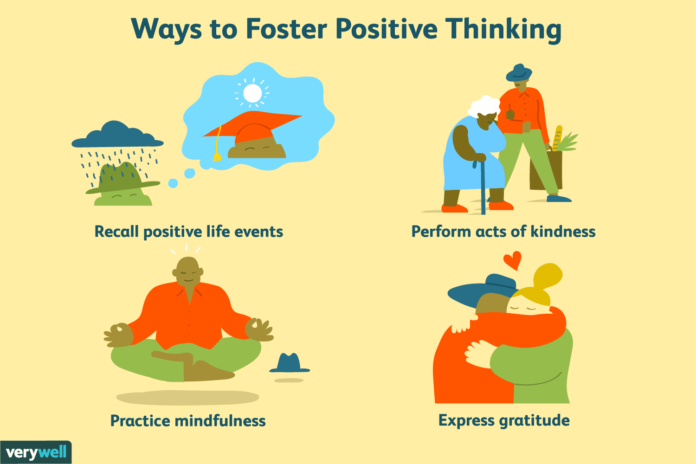
Six Ways to Improve Mental Health
In this article, we will discuss the hidden benefits of exercise and fitness. Many people use aerobic exercise every day to exercise muscles, maintain strong bones, improve breathing, and lose weight. In fact, in addition to strengthening the body, exercise training has other additional effects. In the past few years, health and fitness experts have confirmed through research that exercise is beneficial to mental health in many ways.
Regardless of your age or exercise intensity, exercise and fitness have some real benefits for the brain and spirit. Coupled with the benefits of the body, such as gaining a sense of comfort and flexibility, exercise can keep both the body and mind in the best condition. If your training plan has been delayed for a few months, the following six encouraging reasons may allow you to break through the obstacles and get involved in fitness.
Relieve stress
Spent a stressful day in the office? Walk quickly, climb stairs for 5 to 10 minutes, or practice deep breathing, and you will feel better immediately. Exercise causes the body to release the hormone and neurotransmitter norepinephrine responsible for regulating stress. The more obsessed you are with fitness, the better your brain responds to stress.
Promote the secretion of happiness chemicals
It may be difficult for fat people to sweat profusely through exercise, but this effort will eventually pay off. When you exercise, your body releases endorphins that are related to happiness. In the long run, regular exercise can even eliminate symptoms of depression and anxiety.
To feel the positive effects, you don’t have to be a fitness madman. Carrying out simple exercises, such as walking, jogging, swimming, and biking can help your body release enough endorphins to keep you in a good mood. Studies have shown that exercise is one of the best natural ways to fight depression.
Prevent cognitive decline.
With age, the brain may become sluggish. Existing brain cells begin to shrink faster, and the growth of new cells slows down. This may lead to a decline in memory, and in more serious cases, it can also cause Alzheimer’s disease.
As the health of brain cells deteriorates, neurons lose their ability to remember, leading to cognitive decline. Exercise and fitness can promote the production of brain chemicals and protect neurons by slowing down the aging of tissues. This also slows down the degradation of the hippocampus-the hippocampus is the area most closely related to cognition. Therefore, people who take physical exercises have better memory and thinking abilities than those who do not.
Boost self-confidence.
This is no secret. Exercise helps to burn fat and tone muscles. At the same time, it also improves posture, often making people feel and look more confident. Exercise helps to increase self-esteem and confidence and makes people radiant.
Strengthen memory.
Exercise and fitness can improve the brain’s ability to learn new things, allowing you to remember new knowledge faster. As mentioned earlier, regular exercise helps to promote the formation of new cells in the hippocampus related to learning and memory. Promoting the growth of nerve cells through exercise is a healthy way for both children and adults. Studies have shown that running and cycling are the two best exercise methods for improving memory and remembering vocabulary. so it is important to know that the hidden benefits of exercise and fitness
Good control of addiction.
People will become addicted to many habits or substances (such as drugs), and exercise will also make you want to stop. However, it is a miraculous “drug” that can help you resist all kinds of harmful addictions. During physical exercise, the brain releases a chemical substance called dopamine, which affects the brain area responsible for satisfaction. In fact, our cravings for food, drugs, sex, and alcohol are mostly the result of an imbalance of dopamine. Exercise helps balance the level of dopamine in the brain.





